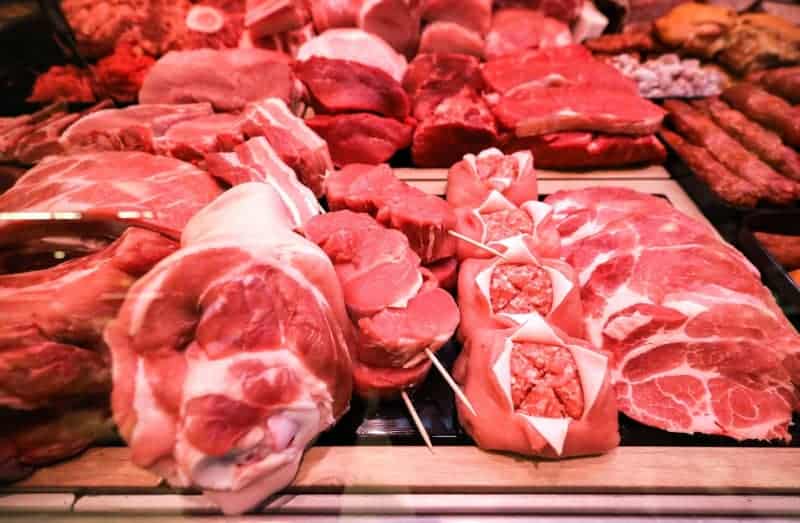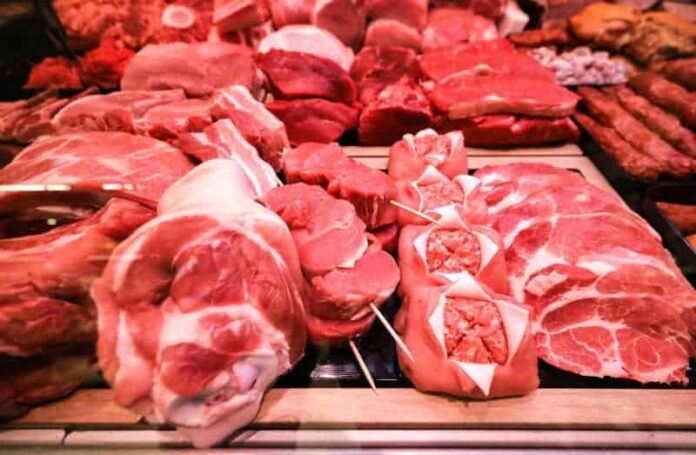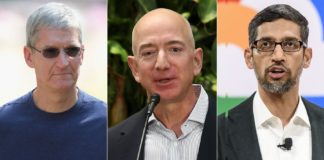
The current manner of food production is threatening future global food supplies, in particular due to high meat consumption, a new study has found.
The food industry as a whole is now responsible for two-thirds of global freshwater consumption, three-quarters of nutrient pollution in water bodies and a quarter of all greenhouse gas emissions, according to the study “The Coming Sustainable Food Revolution” by consultancy PwC Strategy.
In view of the continuing increase in the world’s population, a change in food production is urgently needed, the experts write, as the current system is not resilient.
The Ukraine war alone was enough to trigger a dramatic increase in global food prices, the authors say, referring to the fact that Russia’s invasion of the country has prevented much-needed food exports.
A key issue regarding global food production is the rising consumption of meat worldwide over the past decades, according to the study. Some 80% of agricultural land around the globe are now directly or indirectly used for meat production, while only covering 11% of the world’s calorie consumption.
Changing eating habits is therefore a key measure to secure future global food supplies, the experts say. Even replacing beef with chicken could halve the carbon dioxide emissions from meat production and reduce water consumption by around 30%, according to the study.
The effect is even greater when switching to a vegetarian or vegan diet.
At the same time, harvest techniques and supply chances have to become more efficient, to prevent foods from spoiling on their way to the consumer. Currently, about a third of all food has to be thrown away due to delays and inefficiencies in harvesting, logistics or trade.
According to the experts, the increased use of digital technology could bring significant improvements – for example, by optimising irrigation and fertilisation and accurately tracking goods during delivery.
All of those changes combined could contribute significantly to securing the growing demand for food in a sustainable way without significant price increases, the study says.








